As Governor Babajide Sanwo-Olu turned 60 on June 25, 2025, Lagos paused, not out of obligation, but out of reverence. For here stands a man who has carried a city not on his shoulders, but in his chest. From Ajegunle to Victoria Island, Yaba to the heart of its struggles, he feels it all. When Lagos weeps, he trembles. When it rises, he breathes. He is Lagos pulse, not just its pilot, writes Lanre Alfred
The soul of Lagos wears many skins: grit and grandeur, thunder and tenderness, haste and history. Its pulse surges through crowded boulevards, spills into restless markets, stretches over bridges that connect not just places, but past to possibility. Within this chaos and splendour lives a rare spirit, a quiet force whose steps never echo louder than the cries of the people. That spirit is Babajide Olusola Sanwo-Olu—Lagos’ steward, Lagos’ son, Lagos’ calm amid the cyclone.
His life is not embroidered in flamboyance but in the fine lines of empathy, sacrifice, and unflagging devotion. He governs with a rare fidelity to truth and tenderness. Sanwo-Olu walks the tightrope between growth and grace. And even when Lagos tottered under the weight of a pandemic and the fury of civil protests, he stood, not in grandiloquence, but in grief, hope, and action. He did not watch from balconies; he walked through the smoke. He mourned with the grieving. He listened amid the fury. He gave Lagos his humanity, not merely his mandate.
What compels a man to love such a vast city so vulnerably? What fuels the soul to remain this gentle in the fire of power? These questions haunted me until they became a burden of beauty too heavy to keep inside. And so I wrote “The Man Who Carried a City,” as a literary homage, a civic love letter, and a biography that attempts to map the spirit of a man whose every decision has been a hymn to Lagos.
Sanwo-Olu does not build monuments to himself; he plants futures. His footprints are on glass towers and steel rails, yes, but more nobly, on restored faith and hope reborn. From the modernisation of healthcare to the renaissance of public transport, from the digitisation of education to the revitalisation of urban landscapes, his legacy pulses in lives changed, not just policies written. He reimagined Lagos not as a city to be controlled but as a heartbeat to be steadied.
And then there is his extraordinary generosity, so effortless, so intrinsic. He gives without theatre. He offers without waiting for applause. He sees needs not as irritants but as invitations to serve. I witnessed this firsthand. When I approached him with the vision for the Southwest Games, a regional sporting fiesta aimed at energising the youth and nurturing future champions, he did not stall behind bureaucracy. He opened his doors. He bent schedules. He leaned into the moment with rare enthusiasm.
With a calendar choked with state business, he carved out time. Protocols bowed to passion. He sat with my team, listened intently, asked questions like a coach planning strategy, and gave his full endorsement. He mobilised state machinery to support the initiative. And though duties kept him from attending the grand finale, he sent a trusted envoy who received, on his behalf, an award that testified to his commitment to youth, sport, and unity.
It was not a mere endorsement. It was an investment of faith, energy, and trust in the next generation. That is who Sanwo-Olu is. He believes in people. He believes in potential. He believes that leadership must bend, sweat, and sacrifice, if it must mean anything at all.
When COVID-19 swept through the land like a dark tide, he did not retreat into chambers of safety. He walked among his people. Masked, yes, but never masked in intention. He set up emergency response centres, expanded healthcare infrastructure, and offered financial relief. He did not govern through edicts; he led through presence. And when the #EndSARS and #EndBadGovernance protests rocked the streets, shaking foundations and consciences alike, he chose transparency over tyranny. He spoke. He listened. He was hurt. And yet, he healed. Lagos, fragile and frayed, found an anchor in his empathy.
This was not a governor shielded in detachment. This was a man whose heart broke with his city. His was not the voice of an administrator, it was the cry of a father, a servant, and a man who felt every bruise of his people as a wound in his own soul.
Yet amid the fires, he built. Amid the doubt, he planned. Amid the noise, he dreamed. He was not distracted by populism or imprisoned by tradition. He led with clarity, compassion, and competence. And his leadership was not sterile, it was deeply human. Because Sanwo-Olu understands that Lagos is not just a city. Lagos is a story. And he has chosen to be both author and guardian of its most fragile chapters.
His approach to governance is not managerial, it is maternal. He births policies like a parent births futures, with pain, joy, and unspeakable care. The slums feel it. The business community feels it. The artist, the trader, the student, all feel it.
And yet, what makes Sanwo-Olu profoundly rare is not his intellect, though it sparkles; nor his efficiency, though it dazzles. It is his humility. That disarming calm.That refusal to exalt self above service.That willingness to descend so others may rise. His smile never fades, even in adversity. His tone never cracks, even in chaos. He has mastered the secret of influence without intimidation.
In the pages of ‘The Man Who Carried a City,’ I tried to hold a mirror to this quiet revolution of character and competence. The book’s 14 chapters trace his journey, not just the ascent to power, but the deeper descent into purpose. The Clockmaker’s Spawn explores his beginnings, shaped by discipline and vision. The Politics of Listening examines his unique style of inclusion, how he governs by hearing, not declaring. 2020: The Year Lagos Trembled captures the tempest that tested his soul and revealed his steel. Each chapter is not merely biographical, it is philosophical. Because Sanwo-Olu is not simply living his life; he is offering it.
As a writer, I have chronicled many lives. But few have stirred my soul like his. Few have modelled, with such graceful consistency, the art of governance as self-giving. Few have stayed this kind, this steady, this committed, amid the exhausting demands of power. So this tribute is not journalistic; it is personal. This book is not just literature; it is gratitude. For in an age of loud leaders and shallow promises, Sanwo-Olu remains a sacred contradiction, silent but substantial, powerful yet humble, enduring and endearing.
Now he turns 60, and the number is not just a milestone. It is a metaphor. Sixty years of living. Six decades of preparation. And more than half of that is devoted to service, in private boardrooms, in public corridors, and now, in the scorching centre of Nigeria’s most complex state. Every year has not just passed through him. He has passed through every year, gathering wisdom, wounds, and victories.
Lagos must celebrate him. Not out of ceremony, but out of sacred duty. The youth must lift his name not as a chant but as a challenge to live as he has lived: with dignity, direction, and devotion. The political class must take notes, not of his titles, but of his temperament. The business community must honour not just his support, but his strategic clarity. And Nigeria, as a whole, must look to him, not for perfection, but for possibility.
He has not given us a perfect city. He has given us a promise. That where vision lives, progress follows. That where empathy leads, peace blossoms.That where stewardship guides, legacies are born.
Under his watch, infrastructure found new life. Roads once forgotten now carry commerce. Schools once ignored now carry the laughter of children. Hospitals once gasping now breathe again. He has been relentless, not loud. Strategic, not showy.Impactful, not imperious.
He believes governance is not a theatre of self-celebration but a sacred calling. That belief lights his every decision. That belief gives rhythm to his policies and poetry to his politics.
He is not one to decorate himself with borrowed accolades. He lets his work do the talking, and his work speaks in volumes too deep for mere noise.
Think of him as the patriot with the kindest soul. Sanwo-Olu belongs to Nigeria, not just Lagos. His impact flows beyond state lines and political maps. In national conversations, his voice rings with reason. In crises, his calm offers comfort. He is a bridge between generations, a model of what quiet influence and consistent values can achieve in a country desperate for both.
There is a tenderness about him that feels almost unmodern, a trait from a lost age of grace, when leaders led with their hearts and not their hashtags. In a country overrun with performance politics, Sanwo-Olu remains an elegant exception. His patriotism is not draped in flags; it is embedded in his deeds
At sixty, he towers on a summit of past glories, but at a new beginning. The horizon still calls. The road still unfolds. The world, still weary, needs men like him, men who lead by light and live by love.
May his days ahead be long and golden. May his health never falter. May his influence expand like the morning sun across the hills. May the hands he has lifted rise to bless him. May the hearts he has healed sing his name in gratitude.
And when the final tally of Nigerian patriots is taken, those who built without boasting, gave without grudging, and loved without limit, may Sanwo-Olu be found among the few, the rare, the truly great.
And here goes my coda for his noble soul: For Babajide Sanwo-Olu, I wish that the bells of Lagos ring with joy; that the corridors of selfless labour resound with applause; that all those who have known his touch, felt his favour, tasted his goodwill, rise and toast to the man whose ascension to the ripe age of commands the monument of endless applause.
I pray that every street he has paved, every school he has rebuilt, every young dream he has funded, rise in chorus to say: Happy 60th, our melody in human form.



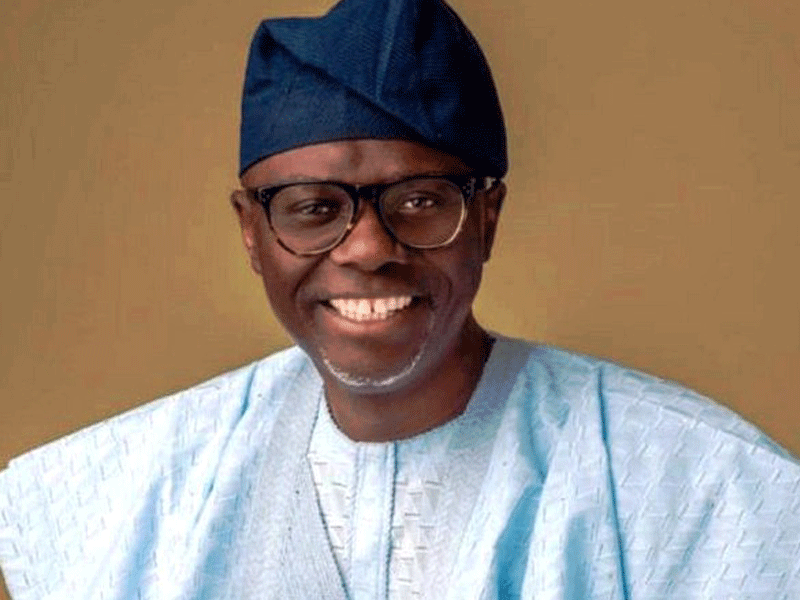


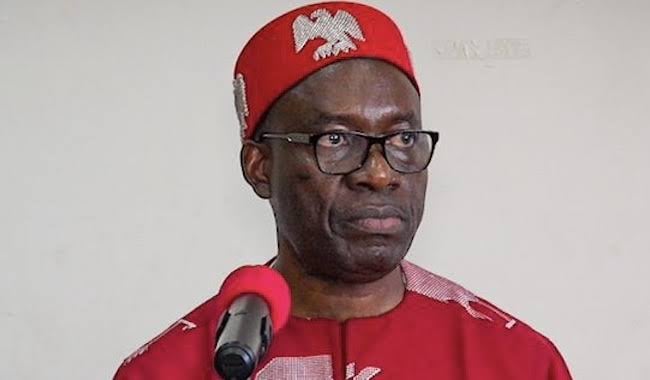
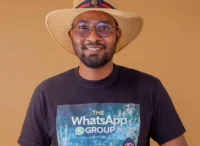

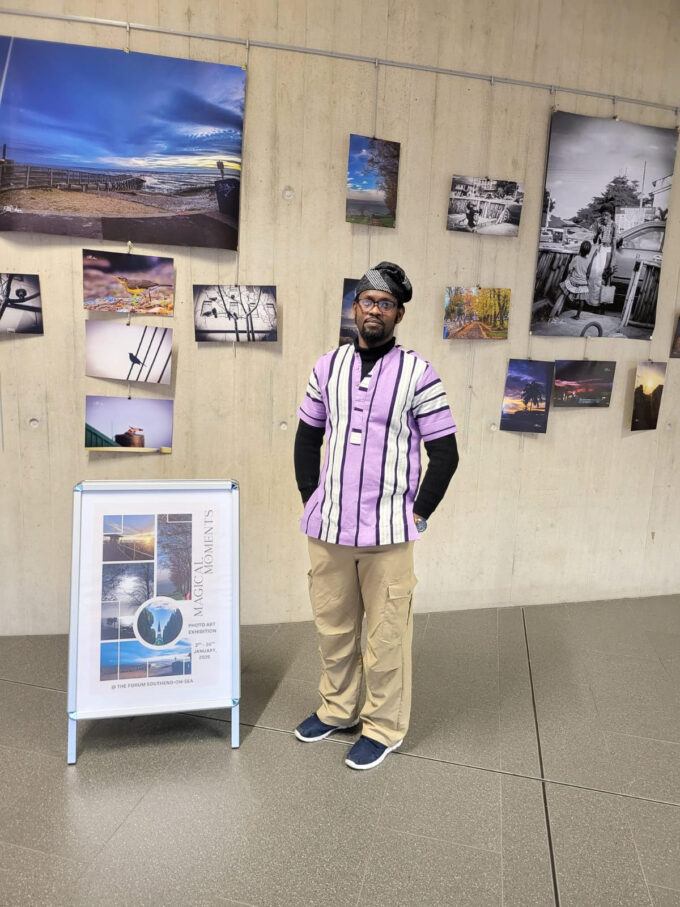
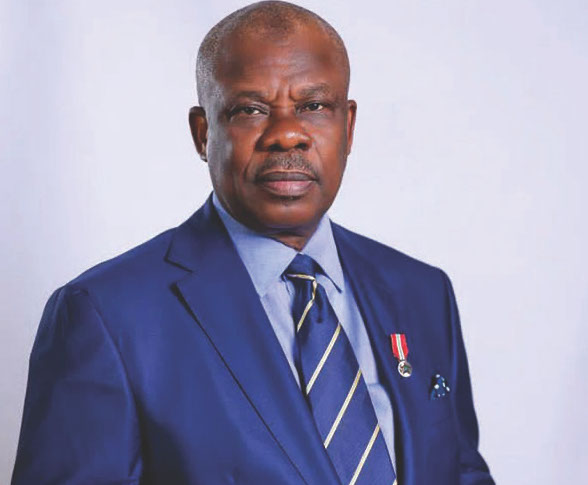
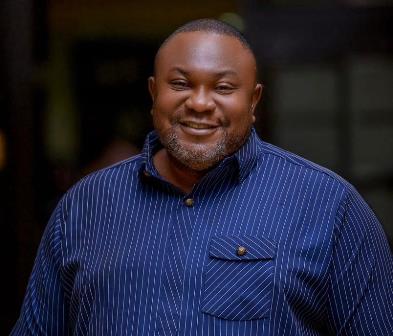
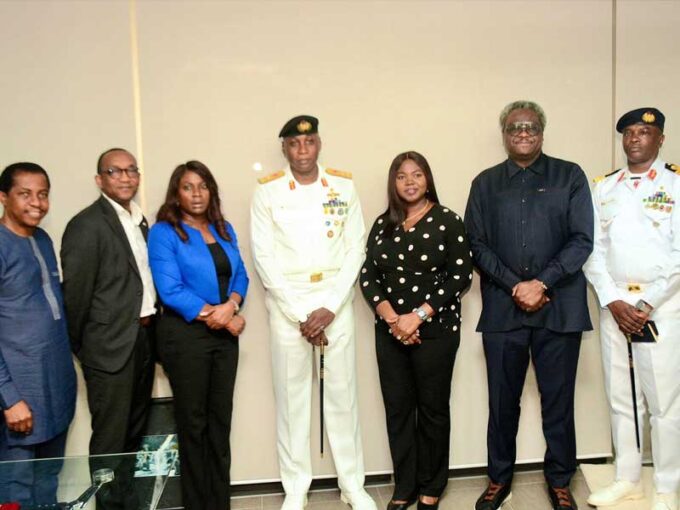



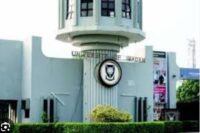
Leave a comment